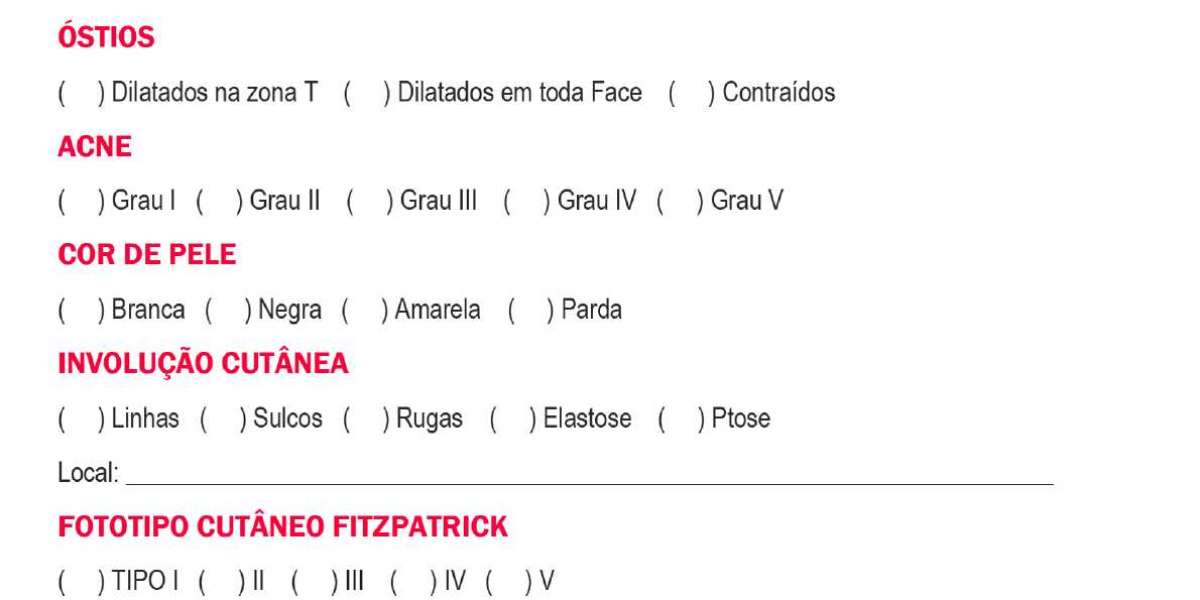Leading consultants additionally disagree on the meaningful variations between the two circumstances — and those that agree that there are variations typically disagree on what those variations are. People are inclined to suppose that a sociopath is a psychopath who doesn’t go around doing legal things. Likewise, psycho stays shorthand for every kind of deviant delinquent conduct, from stalking to murder. The word sociopath (and its cousin, psychopath) carries plenty of stigma and misconceptions. Popular motion pictures and books have a tendency to indicate sociopaths as cruel and heartless.
Study of the properties of bionous solutions within a Faraday cage led to his orgone vitality accumulator, an enclosure consisting of a metal lined inside core (a Faraday cage), surrounded by alternating layers of non-conducting materials (such as wool) and conducting material (such as steel wool). Reich’s analysis additionally revealed that certain bions exhibited a strong radiation phenomena, and that these bions could kill bacteria and most cancers cells. This radiation confirmed the existence of an vitality that did not obey any known laws of electrical energy or magnetism. Reich called this vitality "orgone," as a end result of its discovery had advanced from his investigation of the orgasm function, and since this energy might cost natural materials.
In 2021, Fortune found that 12% of company senior leaders in the United States confirmed psychopathic traits. In truth, most people show some signs of psychopathy — superficiality, glibness, promiscuity, and so forth. — and that doesn't make you a psychopath. Yet the link between psychopathy and violence is much from one-to-one. Not all psychopaths are killers or even criminals, and there are other personality traits and types of pathology except for psychopathy which will contribute to aggressive habits. The basic adage is that if you have to ask whether you’re a narcissist, you are not.
Unlike correlated models, hierarchical models require that the particular elements included within the model be part of a coherent construct. Thus, hierarchical models have nice potential for understanding both psychopathic personality dysfunction and its specific components. First, we weren't capable of test the varied models on the information from the PCL–R guide (Reference Floyd and WidamanHare, 2003). Second, we were unable to show the chief problem inherent in correlated (rather than hierarchical) PCL–R mannequin; that any correlate, whether important to psychopathy or not, will fit. In future research, we are going to determine whether including a non-psychopathic factor (e.g. addiction) to core PCL–R components yields adequate match indices in correlated factor fashions and (appropriately) poor match indices in hierarchical models. Third, the outcomes focus only on adult males prisoners; the generalisability of the results to other teams, including feminine offenders, remains unclear (Reference Cooke, Michie and HartForouzan & Cooke, 2005).
His father died four years later from tuberculosis, leaving a 17-year-old Reich to direct the farm work on his own without interrupting his research at the highschool he was attending. Among its stipulations was the establishment of The Wilhelm Reich Infant Trust Fund because the legal entity charged with working Orgonon as The Wilhelm Reich Museum; protecting, preserving, and transmitting his scientific legacy to future generations; and safeguarding Reich’s Archives. As a struggle veteran, Reich was permitted to finish the six-year course in 4 years, and he handed the 18 Rigorosa in 18 medical subjects and acquired "excellent" (ausgezeichnet) in all of the pre-medical topics. His mother, to whom he was devoted, dedicated suicide in 1910 after his father found she had had a short affair with one of the tutors.
Both of these character types are portrayed in individuals who meet the factors for delinquent personality disorder. Both psychopathy and sociopathy, and APD generally, share options with narcissistic personality dysfunction (NPD), the situation exhibited by persons generally called narcissists. Unlike many persons with APD, analise corporal traços de Carater nevertheless, narcissists are typically not impulsive, aggressive, or habitually deceitful. Nor do they characteristically show conduct disorder during childhood or felony conduct in adulthood. Narcissists also characteristically manifest a compelling want for the admiration, esteem, or envy of others, a trait not displayed by persons with APD. So, while there is not a identified, concrete explanation for delinquent character dysfunction, there are several patterns that emerge.
There are vital differences between them.
"Interpersonal relationships are additionally extremely vulnerable to failure," Kiehl notes. Sociopathy, however, is more doubtless the product of childhood trauma and physical or emotional abuse. Because sociopathy appears to be realized somewhat than innate, sociopaths are able to empathy in certain circumstances, and with certain people, but not others. They are unstable and vulnerable to emotional outbursts, including fits of rage.








